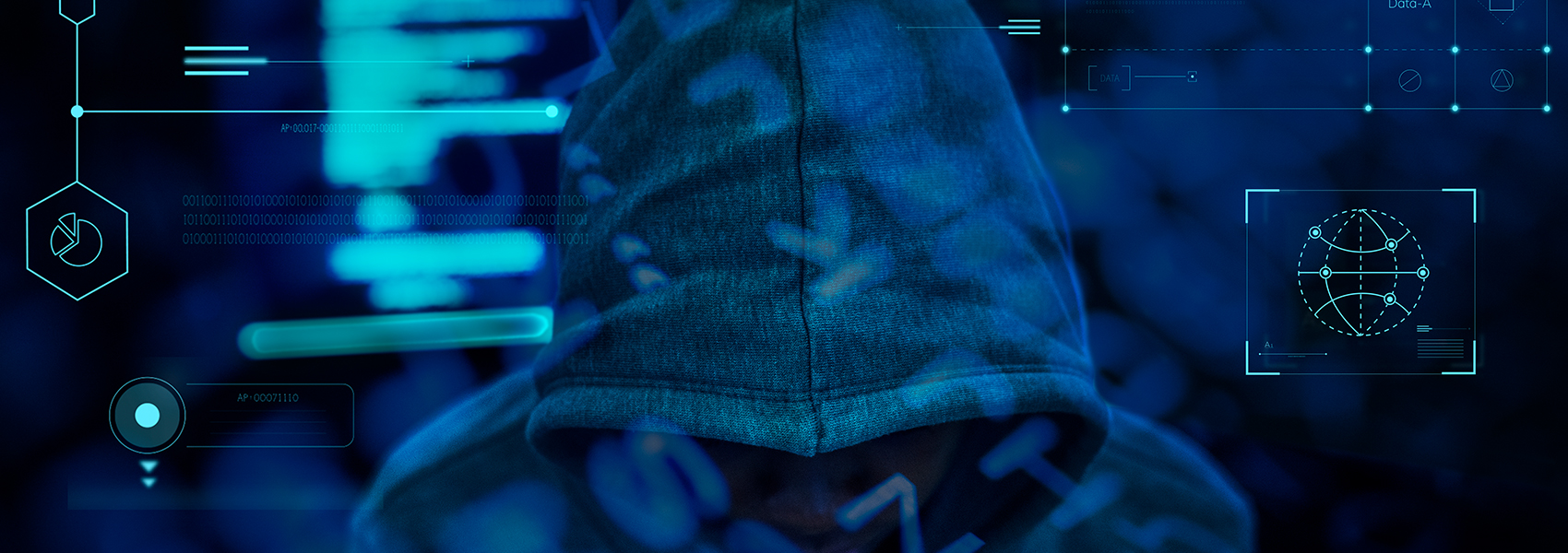

Despite the growing awareness of cyber threats, many people still rely on outdated and inaccurate information to protect themselves online. From harmless-seeming habits to outright falsehoods, cybersecurity myths can leave you exposed to hackers and data breaches. Join us as we expose these myths and equip you with the knowledge you need to stay safe in the digital age.
One statement we hear quite often is, “My account is safe because I have a strong password” This is not necessarily true. For hackers, it's a matter of minutes to decipher even a relatively good password. We are not claiming that a good password doesn’t make a difference. It does make a difference. Than opting for repetitive passwords or easily guessable passwords it is so much better to have a strong, unique password. The better the password, the harder it is to hack. But having a strong password won't make your account hackproof. In general, even to remember your password, there is a database. Hackers use software to hack these databases, too. It is important to make use of options like two-factor verification to enhance your privacy rather than relying on strong passwords alone.
Anti-virus and Anti-Malware are cost-effective softwares designed to protect your devices from viruses, spyware threats, web protection, and spam protection.
Besides, anti-viruses are featured to operate in a certain manner, thus capable of identifying only certain types of threats. In some cases, these anti-virus and anti-malware software can give false alarms. There is no guarantee that it will provide you with complete protection from cybersecurity breaches.
The truth is all of us are vulnerable to being hacked. Hackers, hack. In some cases, yes hackers target certain businesses, firms, and celebrities when there is a specified motive. Hackers can go about hacking anyone’s account, the primary motive being money. Even if you think there is no big threat to you, hackers can simply lock your device till you pay a ransom.
Multi-factor authentication (MFA) protects your online presence to a greater extent. Hackers could, in some way, get ahead of a strong password, but when your accounts are protected with MFA, it becomes difficult for hackers to pass through. Especially when it involves SMS verifications, like OTPs, your accounts are unlikely to be under threat unless the hacker has access to the specific device.
Another misconception many people have is that Apple products can never be hacked. However, Apple products can be hacked due to system vulnerabilities and user negligence. When there is a system update, hackers are generally faster in finding loopholes, system updates are very good but yet there can be flaws that can turn out to be an open source for the hackers to get through. So using Apple products does not mean you are safe, your security level could yet be at risk.
One of the mightiest flaws of public Wi-Fi is that the data is rarely encrypted. There is going to be a stream of data that is vulnerable and in the wrong hands, it can cause so much trouble. Cybercriminals can also establish fake Wi-Fi networks and you might think it is a public Wi-Fi network, connect to it and directly pass your data to the hacker unknowingly. It is better not to connect to any form of unknown networks and it is also better to have a VPN installed on your devices when connecting to any networks in general.
If someone thinks hackers can get into their system if only they use dodgy sites, it is completely a wrong call. Your browser is vulnerable. Visiting any form of compromised website can pose threats to you. It doesn’t solely depend on what type of website you visit but it is definitely best not to visit websites that you are uncertain of.
Even today some people still live with the ideology that only computers can go under cyber attacks. Any form of device, that is connected to a network is vulnerable to attacks. In this era, our home appliances such as Smart Tv and Refrigerators too could be hacked as they do not have optimum security features.
This is a very common yet wrong idea that many people working at corporates have. The IT department indeed plays a crucial part in protecting the computers and other electronic devices of the organization but that doesn’t mean the whole responsibility lies on their hands. Every one of us are held responsible for the devices that we are using. We should ensure to do our optimum to protect the devices at our utmost. Even if the IT department is doing an efficient job to keep threats at stake if we are just using our devices heedlessly in terms of privacy and security, it becomes an open invitation for threats.
While it is important to watch out for external threats it is also important to know that there are several possible internal cyber attacks. Internal threats can be accidental or malicious actions of some employees.